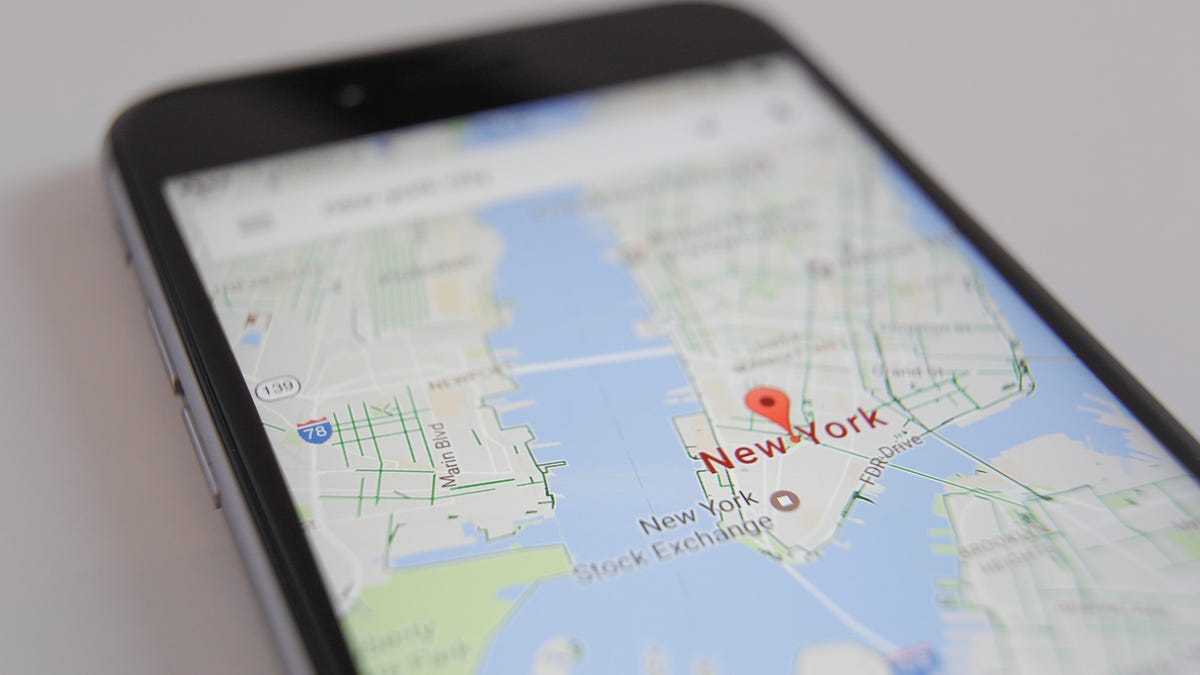Supreme Court to hear case on tracking phone location data
Detroit cops got 12,898 location data points for a robbery suspect in 2011 without warrants. The Supreme Court will decide if that's legal.

Police officers request thousands of location data on suspects without warrants each year.
The US Supreme Court will decide whether the government needs a warrant when demanding your phone's location history.
On Monday, the American Civil Liberties Union announced that the Supreme Court has agreed to take on the landmark case, the first time a case about phone location data will go to the highest court in the US.
The Supreme Court's decision will set an important precedent on how law enforcement can use technology to gather evidence in cases. We've seen this debate with the Amazon Echo in a homicide investigation and with Apple taking on the FBI after refusing to unlock a terrorist's iPhone. Governments are relying more on being able to search through a suspect's digital footprint, but legal guidelines have been slow to catch up.
In 2014, the Supreme Court ruled that cell phones themselves are protected against warrantless searches.
The Carpenter v. United States case moves forward from a 2011 robbery trial in Detroit, for which police dug up months of phone location data from Timothy Carpenter's phone provider, MetroPCS, as well as from Sprint because of a roaming agreement. Officers received 127 days' worth of data -- pulling together about 12,898 different locations for Carpenter during that time.
"Given the increasing use of new forms of digital surveillance, it's important now more than ever that the Supreme Court steps in to push back against police overreach and clarify the protections of the Fourth Amendment," Harold Gurewitz, Carpenter's attorney, said in a statement.
Police were able to map Carpenter's tracks over four months without obtaining a warrant, the ACLU said.
Cell phone companies regularly get requests from police and other government agencies tied to investigations. According to its transparency report, AT&T received more than 70,000 requests for location data in 2016. Sprint received more than 30,000 requests in the first half of 2016, while Verizon received 19,967 demands. T-Mobile, parent company of MetroPCS, did not disclose any relevant numbers in its latest transparency report, from 2015.
Carpenter's conviction hinged on his cell phone location data, and he lost an appeal at the Sixth Circuit Court of Appeals last April. The judges ruled in the appellate decision that cell phone location data did not merit Fourth Amendment protections against unreasonable searches and that the officers did not need a warrant.
Officers are able to get a person's cell phone location data without a warrant thanks to the Stored Communications Act, which allows the government to retrieve digital records if they are "relevant and material to an ongoing criminal investigation." The judges shot down the appeal and said there was no expectation of privacy in a person's data records.
Carpenter is also being represented by the ACLU in the landmark case. Currently, cell phone location data laws vary, with states like Texas, Nevada and Tennessee not requiring a warrant. It remains a gray area in much of the country.
The ACLU hopes that this decision will set a legal guideline across the country for police officers.
"The time has come for the Supreme Court to make clear that the longstanding protections of the Fourth Amendment apply with undiminished force to these kinds of sensitive digital records," Nathan Freed Wessler, an ACLU attorney, said.
Special Reports: CNET's in-depth features in one place.
CNET Magazine: Check out a sample of the stories in CNET's newsstand edition.

